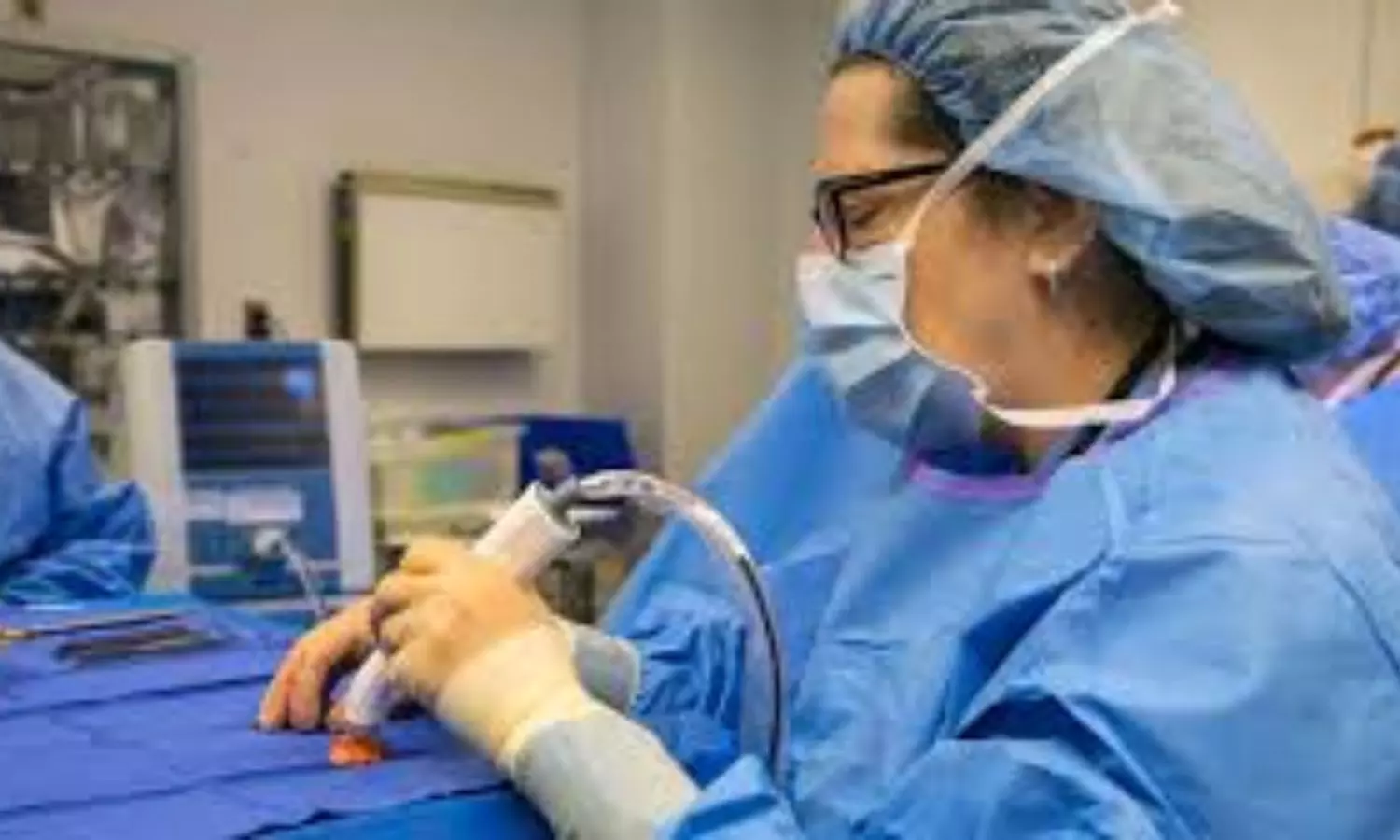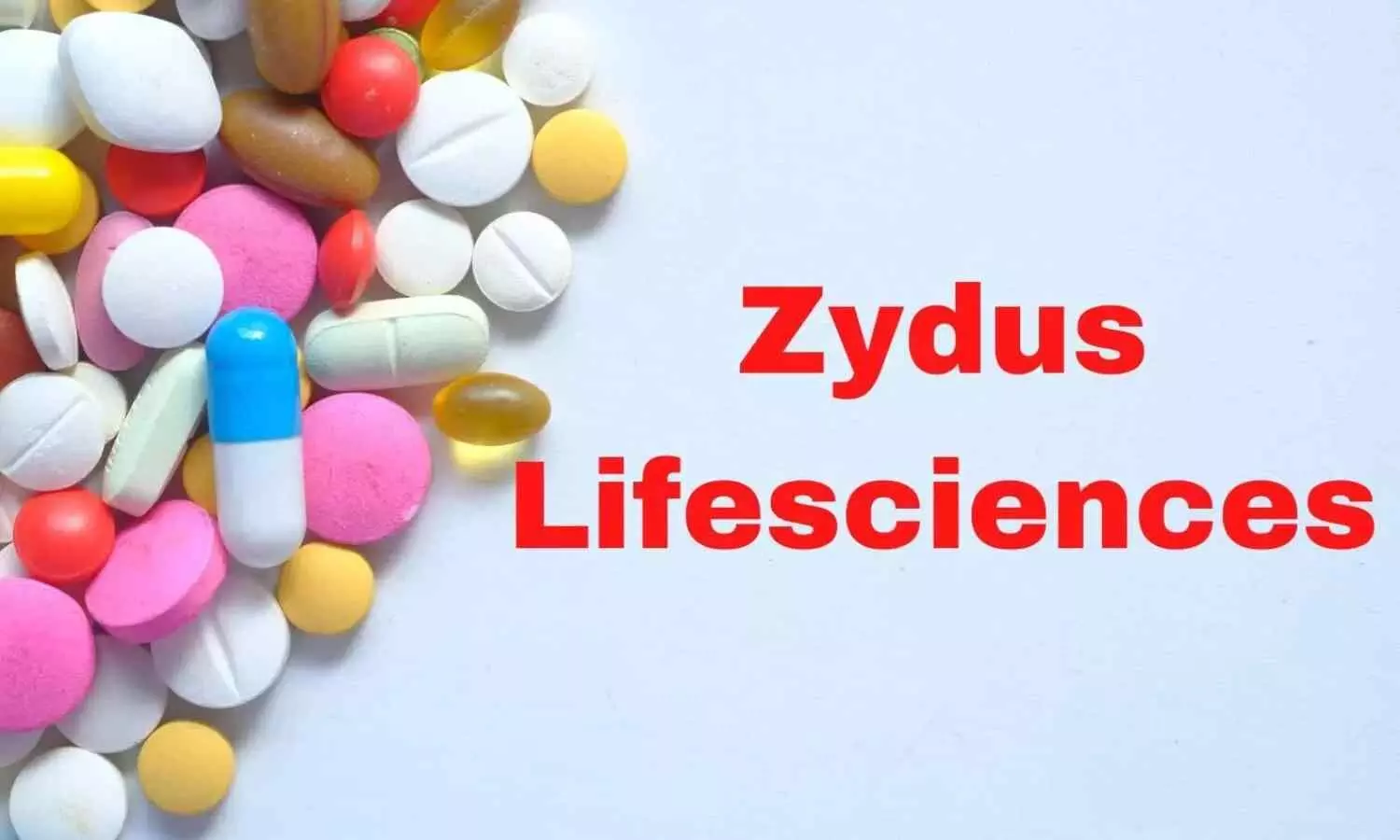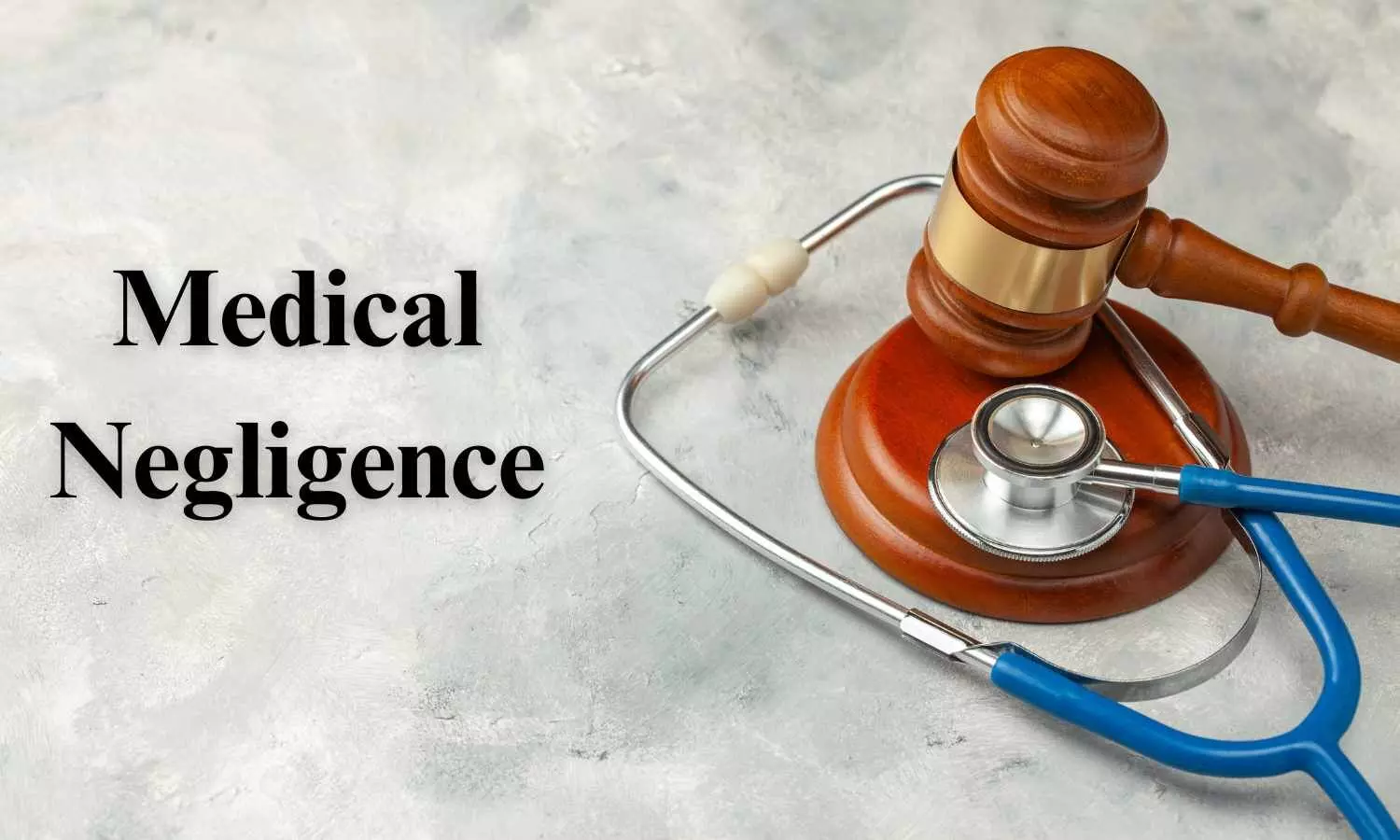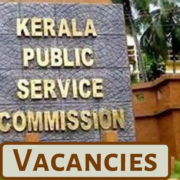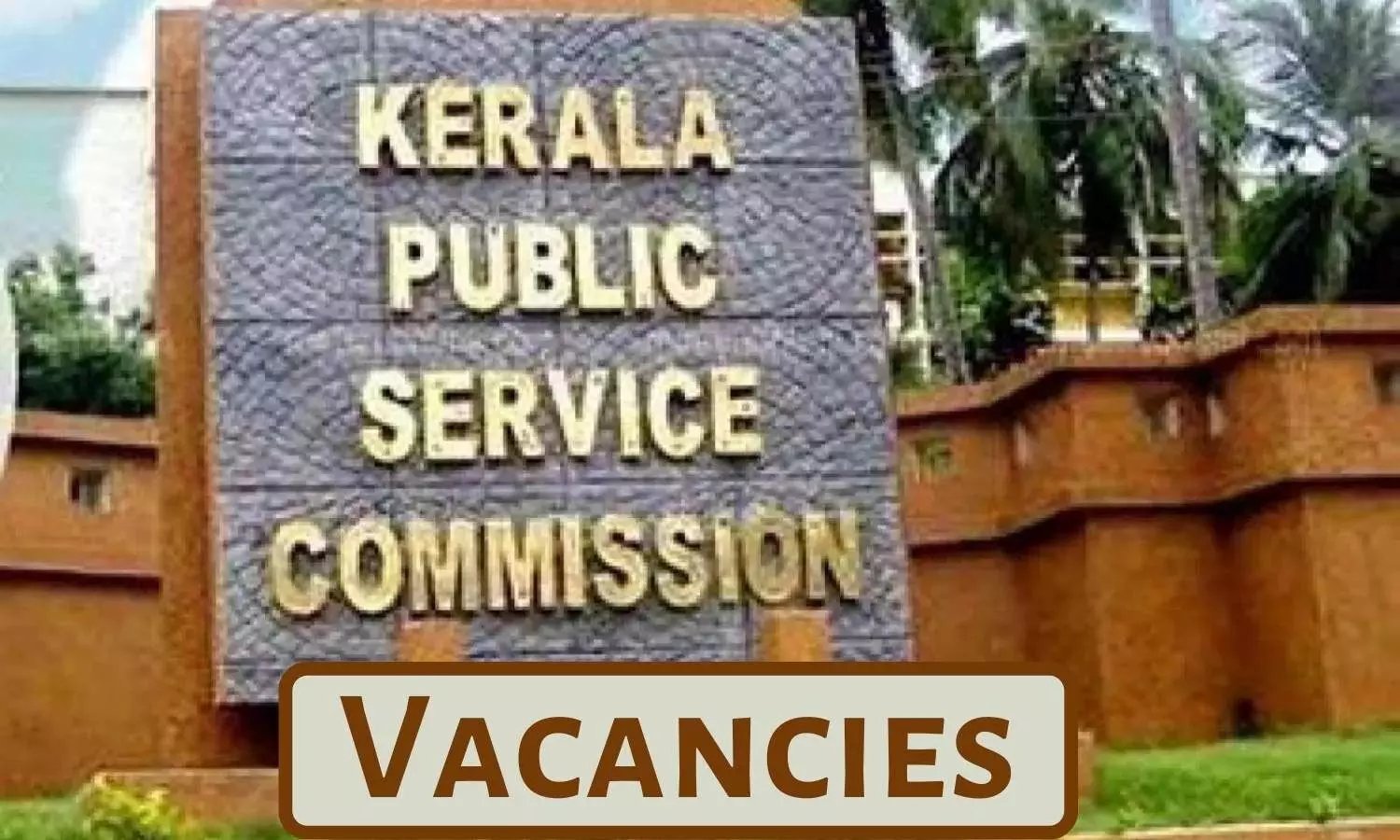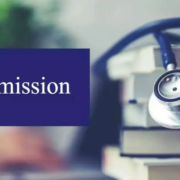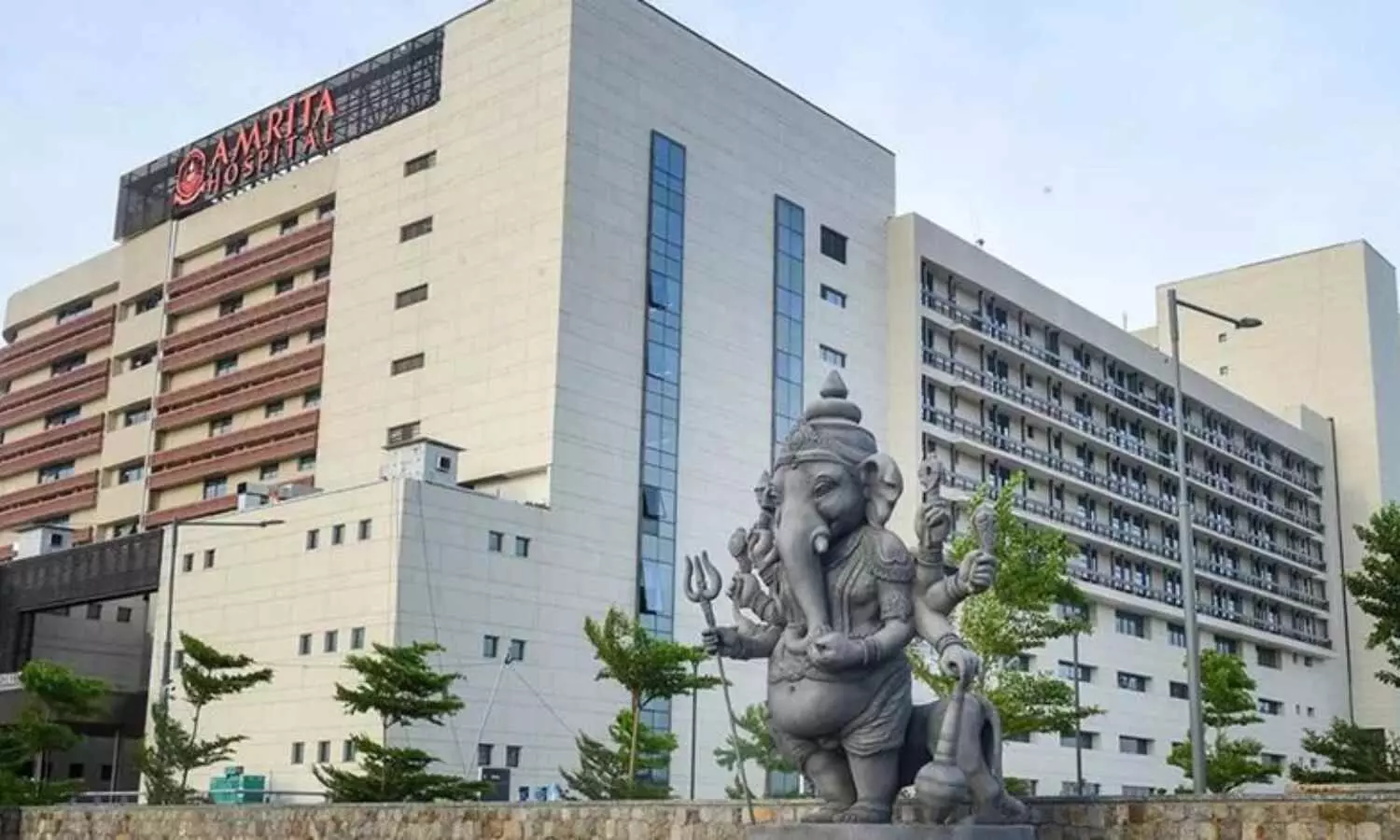Chennai: The District Consumer Disputes Redressal Commission, Kancheepuram recently directed the Tagore Medical College and Hospital to pay Rs 51,14,431 as compensation to a man whose mother went into a vegetative state after suffering anaphylaxis shock due to the administration of Injection Ceftriaxone.
While considering the complaint, the Commission observed that to treat the patient’s Urinary Tract Infection, the hospital administered Xone without any test-dose and without administering other medicines first.
Apart from the lumpsum compensation, the hospital has also been directed to pay Rs 75,000 per month from 01.05.2024 to the patient’s lifetime, towards her recurring medical and maintenance charges.
The history of the case goes back to 2021 when the complainant took his mother to the treating hospital for a Urinary infection. It was the allegation of the complainant that despite informing the treating hospital about the allergies, the patient was administered with Injection Ceftriaxone, after which she suffered anaphylaxis shock.
It was contended by the complainant’s counsel that E-Coli is considered the most predominant cause of UTIs and according to the accepted medical practice, antibiotics such as co-trimoxazole (trimethoprim/sulfamethoxazole), nitrofurantoin, ciprofloxacin and ampicillin are prescribed for the treatment of UTIs.
However, the doctors in the hospital administered Ceftriaxone, a steroidal antibiotic that can be prescribed only after ensuring that other antibiotics do not subsidize the infection, without administering any test dose.
While the treating hospital argued that the E-Coli was sensitive and drug-resistant, the complainant’s counsel contended that they concluded without any medical/clinical/blood/urine report, test report and without trying any empirical treatment. He argued that without administering any drugs to heal the infection, the treating doctors cannot conclude that the E. coli that infected the patient was drug resistant.
Further, the complainant submitted that the hospital had withheld the complete medical records and bills breakup details despite several followups. At the time of discharge, the hospital has a one-page bill summary with a lot of discrepancies. However, the hospital had not shared the complete medical reports and detailed breakup of the bills despite several follow-ups until the direction of the Tamil Nadu Medical Council.
On the other hand, the counsel for the hospital submitted that a test dose of Inj.Ceftriaxone was administered to the complainant’s mother, to ascertain whether she was allergic to the said drug or not. As per the accepted medical practice, the patient was observed for allergic symptoms for the above medicine for more than 15 minutes.
However, since the patient did not show any allergic symptoms for the said drug, the complainant’s mother was again reviewed. Since the patient did not show any allergic symptoms for the above-mentioned drug, at 5.45 PM, the complainant’s mother was again reviewed. After checking her vitals and the vitals of the patient was stable, she was administered the remaining quantity of the above said drug, Ceftriaxone. It was also recorded in the Doctor’s orders and subsequently, the patient became semi-conscious and disoriented.
It was argued that there were no lapses in completing the billing process or there was no need for refusal to give the report of the complainant’s mother to get a second opinion. In fact the complainant was provided with all the papers pertaining to the treatment of the complainant’s mother at the time of discharge.
While considering the matter, the consumer court referred to the Supreme Court orders in the cases of Dr Laxman Balkrishna Joshi v Dr Trimbak Bapu Godbole, Jacob Mathew v State of Punjab, Martin F D’Souza v Mohd. Ishfaq etc and noted, “In the practice of medicine, there could be varying approaches to treatment. There can be a genuine difference of opinion. However, while adopting a course of treatment, the medical professional must ensure that it is not unreasonable. The threshold to prove unreasonableness is set with due regard to the risks associated with medical treatment and the conditions under which medical professionals function. This is to avoid a situation where doctors resort to ‘defensive medicine’ to avoid claims of negligence, often to the detriment of the patient. Hence, in a specific case where unreasonableness in professional conduct has been proven with regard to the circumstances of that case, a professional cannot escape liability for medical evidence merely by relying on a body of professional opinion.”
Concerning the case, the consumer court considered the allegation that the hospital did not provide the medical records to the complainant. After considering the single sheet discharge summary provided at the time of discharge and the document provided after the directions from the Tamil Nadu Medical Council, the consumer court noted that both the documents were written in different manners and the contents were also different.
“Hence, it is proved that the Medical records were made/rewritten for the purpose of the case,” observed the Commission.
“The opposite party failed to file the Initial assessment –Nursing pertaining to the present case, for the reasons best known to them. Thus, there is merit in the contention of the complainant’s counsel that the medical/clinical records were not furnished to the complainant at the time of discharge. The Opposite parties also failed to file any documents to prove that the clinical/medical records were furnished to the complainant at the time of discharge, or when the same was demanded by the complainant for obtaining second opinion,” it further noted.
“A perusal of discharge summary in Ex-B2 would reveal that the Opposite party hospital was in the practice issuing computerised discharge summary. In the present case, the Opposite party issued manual discharge summary for the reasons best known to the opposite party. Ex-A2 is the discharge summary issued on 3.7.2021. Ex-A29 is the discharge summary which contains the copy of the discharge summary furnished on 8.12.2021 by the Opposite party in response to the direction of Medical Council as well as the copy of the discharge summary issued to complainant on 3.7.2021. It is visible that both are different,” observed the District Consumer Court.
While considering the other allegations, the Commission took note of the hospital’s claim that the patient’s blood sample was taken on 27.06.2021. Allegedly, the urine samples were also taken on the same day and the urine culture report revealed that the Urinary infection was due to E-Coli (bacteria) and also the fact that the case was sensitive and drug-resistant.
The consumer court recorded that it could not read both the blood sugar and urine culture report but the relevant data was orally submitted by the counsel for the hospital. The commission took note of the report of the alleged sample taken on 30.06.2021 and the report of the alleged sample taken on 27.06.2021 and also noted that the patient did not attend the hospital on 27.06.2021.
“If the patient had reported the hospital on 30.06.2021 and if the blood sample was taken again on 30.06.2021 as alleged in para 4 of response to complainant averments, it is the opposite party who should prove on whose prescription, the blood sample (ex.B6) was taken on 30.06.2021 at about 11.46 A.M,” noted the Commission.
“According to the complainant, blood and urine samples were taken on 26.06.2021. The opposite party also admitted the same in the response field to complaint averments in para 4. A perusal of Ex.B6 would prove that the sample was taken on 27.6.2021. Ex.B8 would reveal that sample was collected on 30.6.2021. Therefore, it is proved that both Ex-B6 and B8 were fabricated for the purpose of this complaint. Therefore there is merit in the contention of the complainant’s counsel that manipulation of medical record amount to unfair trade practice,” it further observed.
After perusing the medical records, the consumer court noted that till 5.20 PM on 30.06.2021, no medicine was administered to the patient. Allegedly, the test dose of Xone was given at about 5.20 PM and the injection Xone was administered at about 5.45 PM. Thereafter, at around 5.55 PM, the patient was semi-unconscious, disoriented, and not responding with frothy discharge from mouth to nose and she was handed over to the Emergency intensive care unit.
However, the drug chart proved the contrary, noted the Commission. The drug chart had two entries, the first one was recorded at 5.50 PM on 30.06.2021 and the second one was recorded at 5.20 PM on 30.06.2021.
Taking note of this, the Consumer Court observed,
“If the test dose was given to the patient at 5.20PM of 30.6.2021, it should have been entered as 1st entry. Therefore it is proved that between 2.00PM and 5.50PM no drug except Inj-PAN was administered to the patient Sivagami till 5.50 and the said fact was entered in Drug Chart Ex-B7. The Inj.Xone was also administered without test dose and to cover up the said negligence Ex-B7 was manipulated and 2nd entry was made to show that test dose of Xone was administered at 5.20 PM on 30.6.2021.”
“Further as we have already discussed above, Ex-B7 is a drug chart which should contain the entries of medicines administered to the patient Sivagami from the time of admission on 30.6.2021 to till the discharge on 3.7.2021. In the present case, ExB7 alleged drug does not bear the details of drugs administered to the patient between 30.06.2021 to 03.07.2021 except the above two entries. Thus it is also proved that Ex-B7 was also created/fabricated for the purpose of this case,” it further noted.
“What was the purpose of admitting the patient as if there was an imminent danger to her life, when the hospital has not given any medicine between 2.00 PM and 5.50 PM,” said the Consumer Court.
Apart from this, the consumer court also observed that the hospital did not obtain informed consent, but obtained consent by coercion. It also questioned why huge volumes of vecuronium bromide were prescribed and why the same was not administered.
The Commission held that it was proved that Xone was administered without a test dose. Holding the hospital guilty of medical negligence, the Commission noted,
“By such act of administering Xone, an antibiotic which should have been administered as a final choice to treat UTI caused by E.coli especially when the patient is with comorbidities, it is proved that the conduct of the doctors and the hospital staff of opposite party fell below the standards of a reasonably competent practitioner in his field. As a result the patient had Anaphylaxis shock . Such act of the Opposite parties constitute medical negligence and deficiency in service as defined in section2(11) of Consumer Protection Act, 2019. Till date the patient had not recovered from her unconsciousness.”
“It is also proved that the Opposite party hospital has indulged in manipulating medical records to cover up the negligent acts of the doctors employed by it. The Opposite parties miserably failed to explain why 25 vials were prescribed and to whom 5 vials were administered. Such act of the opposite party amounts to unfair trade practice as defined in section2(47) of Consumer Protection Act, 2019,” it further noted.
The consumer court observed that because of the hospital’s negligence, the complainant’s mother had become a vegetable and his family was contained to manage their mother with 24×7 nursing assistant with requisite equipment. The Commission noted that such recurring expenses may continue up to the patient’s life-time assessed such expenses as Rs 75,000 per month, in addition to the expenses paid by the complainant’s family towards recurring treatment charges paid to the treating hospital and SRM SIMS Chennai. It also considered the fact that the complainant’s father lost his companion and also held that the complainant was entitled to compensation for mental agony, deficiency in service, and unfair trade practice.
Considering all these factors, the consumer court directed the hospital to pay Rs 89,431, the amount paid by the complainant as medical bill, Rs 50 lakh as damages towards monetary loss and mental agony suffered by the complainant, and Rs 25,000 towards cost of proceedings to the complainants.
Apart from this, the Commission also directed the hospital to pay the complainant a sum of Rs 75,000 per month from 01.05.2024 to the patient’s life-time towards her recurring medical and maintenance charges.
To read the order, click on the link below:
